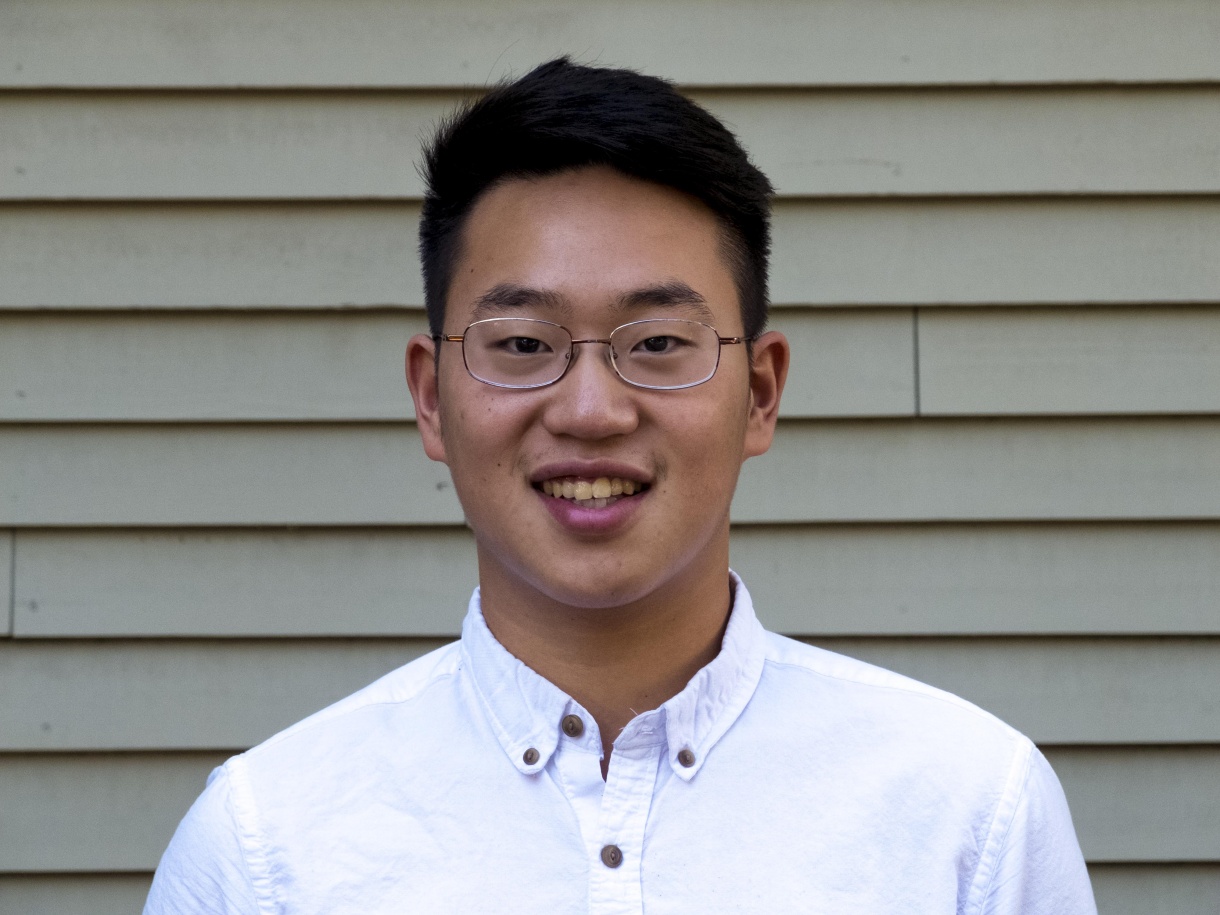Born in Taiwan, Ray grew up in San Jose, CA and graduated from Stanford University with a degree in human biology and a minor in African & African American studies. In college, he became deeply involved with Asian American communities both on and off-campus, through which he first developed a social justice orientation and a commitment to envisioning, creating, and maintaining just and sustainable communities. Ray worked with a grassroots organization in Cape Town that promoted the well-being of children and youth. With the organization, he developed and facilitated a Photovoice project aimed at developing critical consciousness in youth.
Field placement: Los Angeles Community Action Network
Los Angeles, California
Ray coordinated a community food assessment (CFA) of the Skid Row neighborhood with LA CAN's food justice committee, Team Food. The community-based participatory research project was both qualitative and quantitative. The quantitative portion consisted of 300 surveys of community residents measuring food security, eating patterns, and accessibility of food. The qualitative portion consisted of food journals that detailed what participants ate throughout the week, in-depth interviews for 15 participants, and focus groups. Ray supported other food justice organizing and advocacy efforts, including working to protect and support food growing in public housing sites. He also worked to expand LA CAN's community garden and pop-up organic market programs.
Policy placement: Office of Public Witness, Presbyterian Church (U.S.A.)
Washington, D.C.
Ray created a discernment guide for congregations who are in the process of figuring out how they can support immigrants in their communities, in particular by offering sanctuary to people at risk for deportation. He also created an action guide to accompany PC (USA)'s We Choose Welcome campaign that educates and resources congregations on how they can be in solidarity with their refugee neighbors in an Islamophobic and xenophobic political and societal climate. Ray additionally created an organizing and advocacy guide for Presbyterian students who want to get involved on their campuses and supported the office in its other domestic issue areas.
Hunger Free Community Report
The Paradox of Food in Skid Row: A Community Food Assessment details the experiences of Skid Row residents when obtaining food and describes the food system that the community utilizes. The report seeks to shed light on the challenges many residents face and provides recommendations for how the food system could be changed to ensure food security for all residents.

